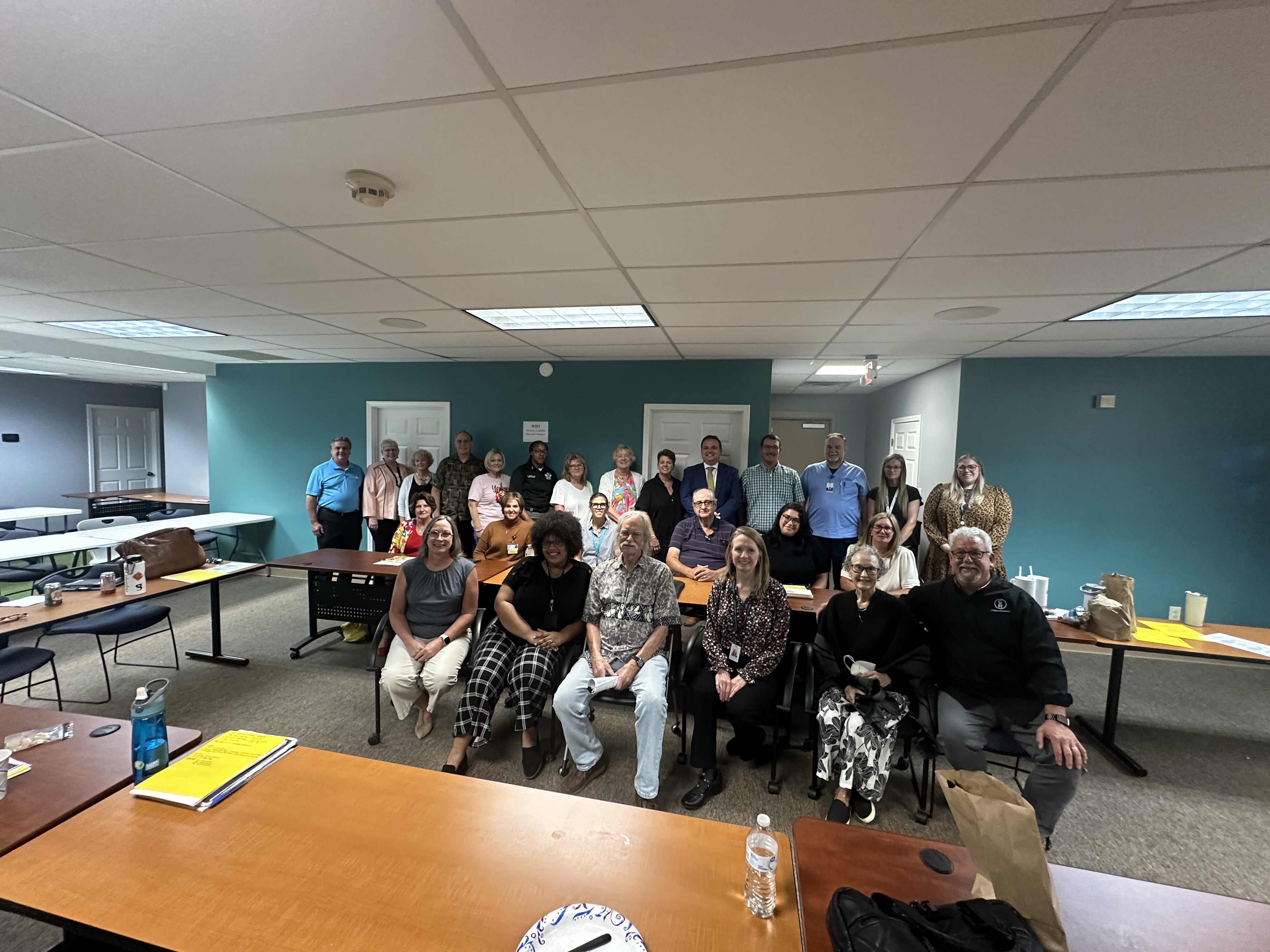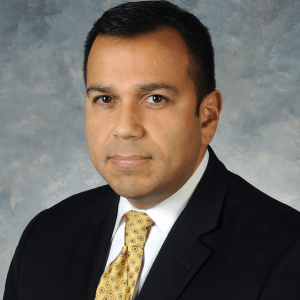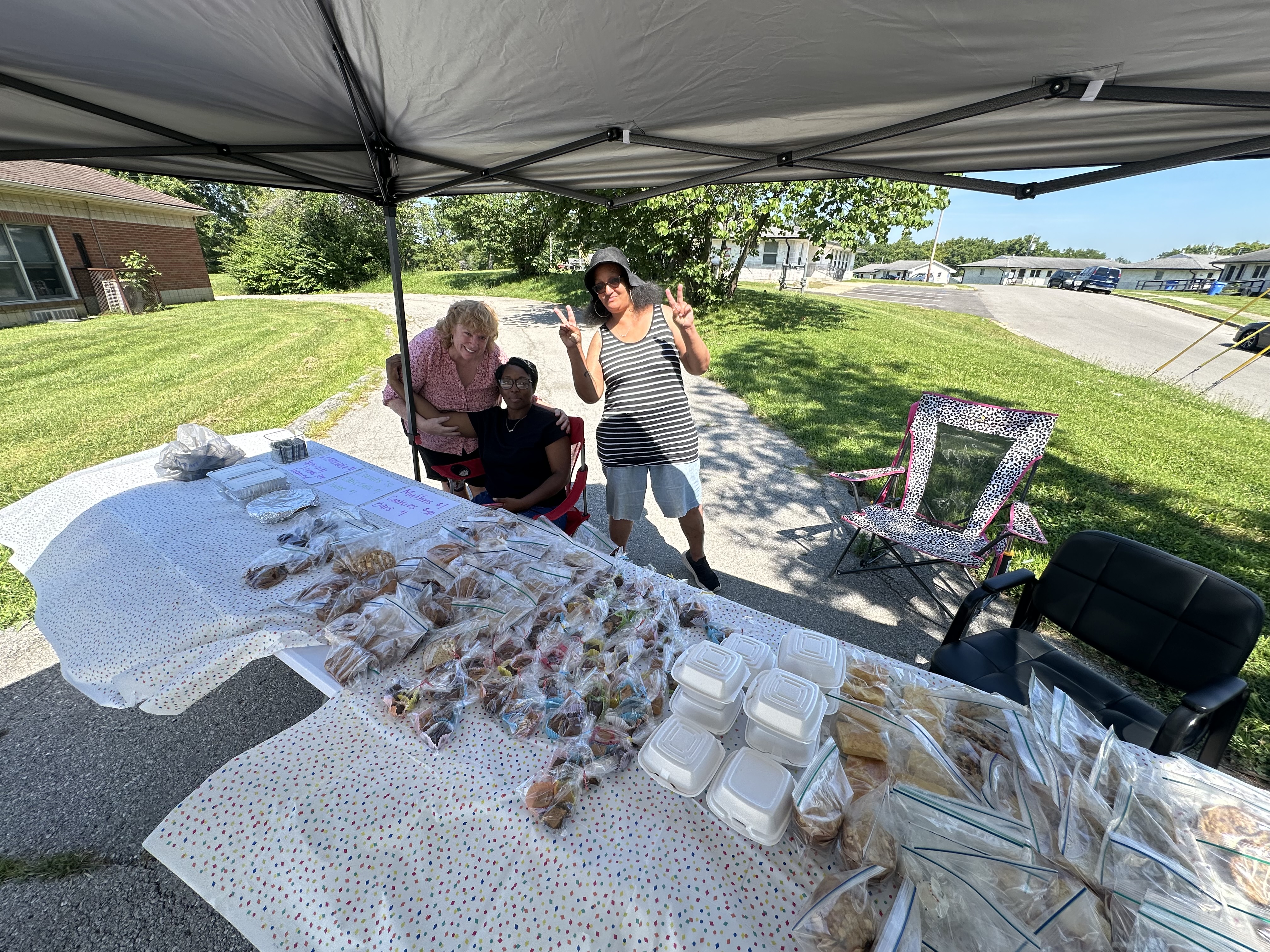Health and Mind: PTSD Awareness Month
Published 5:42 pm Tuesday, June 20, 2023
|
Getting your Trinity Audio player ready...
|
By Shaundra King
Clark County Health Department
Post-traumatic stress disorder (PTSD) is a disorder that develops in some people who have experienced a shocking, scary, or dangerous event.
Trending
While most but not all traumatized people experience short-term symptoms, the majority do not develop ongoing (chronic) PTSD. Not everyone with PTSD has been through a dangerous event. Some experiences, like the sudden, unexpected death of a loved one, can also cause PTSD. Symptoms usually begin early, within three months of the traumatic incident, but sometimes they begin years afterward. Symptoms must last more than a month and be severe enough to interfere with relationships or work to be considered PTSD. The course of the illness varies. Some people recover within six months, while others have symptoms that last much longer. In some people, the condition becomes chronic.
Children and teens can have extreme reactions to trauma, but some symptoms may not be the same as adults. Symptoms sometimes seen in very young children (less than 6 years old), can include:
• Wetting the bed after having learned to use the toilet
• Forgetting how to or being unable to talk
• Acting out the scary event during playtime
• Being unusually clingy with a parent or other adult
Trending
Older children and teens are more likely to show symptoms similar to those seen in adults, such as nightmares, avoidance of other people, flashbacks, and acting easily startled or on edge. They may also develop disruptive, disrespectful, or destructive behaviors. Older children and teens may feel guilty for not preventing injury or death. They may also have thoughts of revenge.
Anyone can develop PTSD at any age, including war veterans, children, and people who have been through a physical or sexual assault, abuse, accident, disaster, or other serious events. According to the National Center for PTSD, about 7 or 8 out of every 100 people will experience PTSD at some point in their lives. Women are more likely to develop PTSD than men, and genes may make some people more likely to develop PTSD than others.
Many factors play a part in whether a person will develop PTSD. Some examples are listed below. Some factors that increase risk for PTSD include:
• Living through dangerous events and traumas
• Getting hurt
• Seeing another person hurt, or seeing a dead body
• Childhood trauma
• Feeling horror, helplessness, or extreme fear
• Having little or no social support after the event
• Dealing with extra stress after the event, such as the loss of a loved one, pain and injury, or loss of a job or home
• Having a history of mental illness or substance abuse
Some factors that may promote recovery after trauma include:
• Seeking out support from other people, such as friends and family
• Finding a support group after a traumatic event
• Learning to feel good about one’s own actions in the face of danger
• Having a positive coping strategy, or a way of getting through the bad event and learning from it
• Being able to act and respond effectively despite feeling fear
The main treatments for people with PTSD are medications, psychotherapy (“talk” therapy), or both. Everyone is different, and PTSD affects people differently, so a treatment that works for one person may not work for another. Anyone with PTSD needs to be treated by a mental health provider who is experienced with PTSD. Some people with PTSD may need to try different treatments to find what works for their symptoms.
It may be very hard to take that first step to help yourself. It is important to realize that although it may take some time, with treatment, you can get better. Ask your family doctor if you are unsure where to go for help. A few local providers include New Vista and Mountain Comprehensive Care, there are other providers in the community that offer services as well. You can also check NIMH’s Help for Mental Illnesses page or search online for “mental health providers,” “social services,” “hotlines,” or “physicians” for phone numbers and addresses. An emergency room doctor can also provide temporary help and can tell you where and how to get further help.
The Clark County Health Department provides programs for the entire family, including Freedom from Smoking, WIC, HANDS, family planning, and immunizations. For more information on our services, please call (859)744-4482 or visit our website at www.clarkhealthdept.org. You can also “like” us on Facebook.






